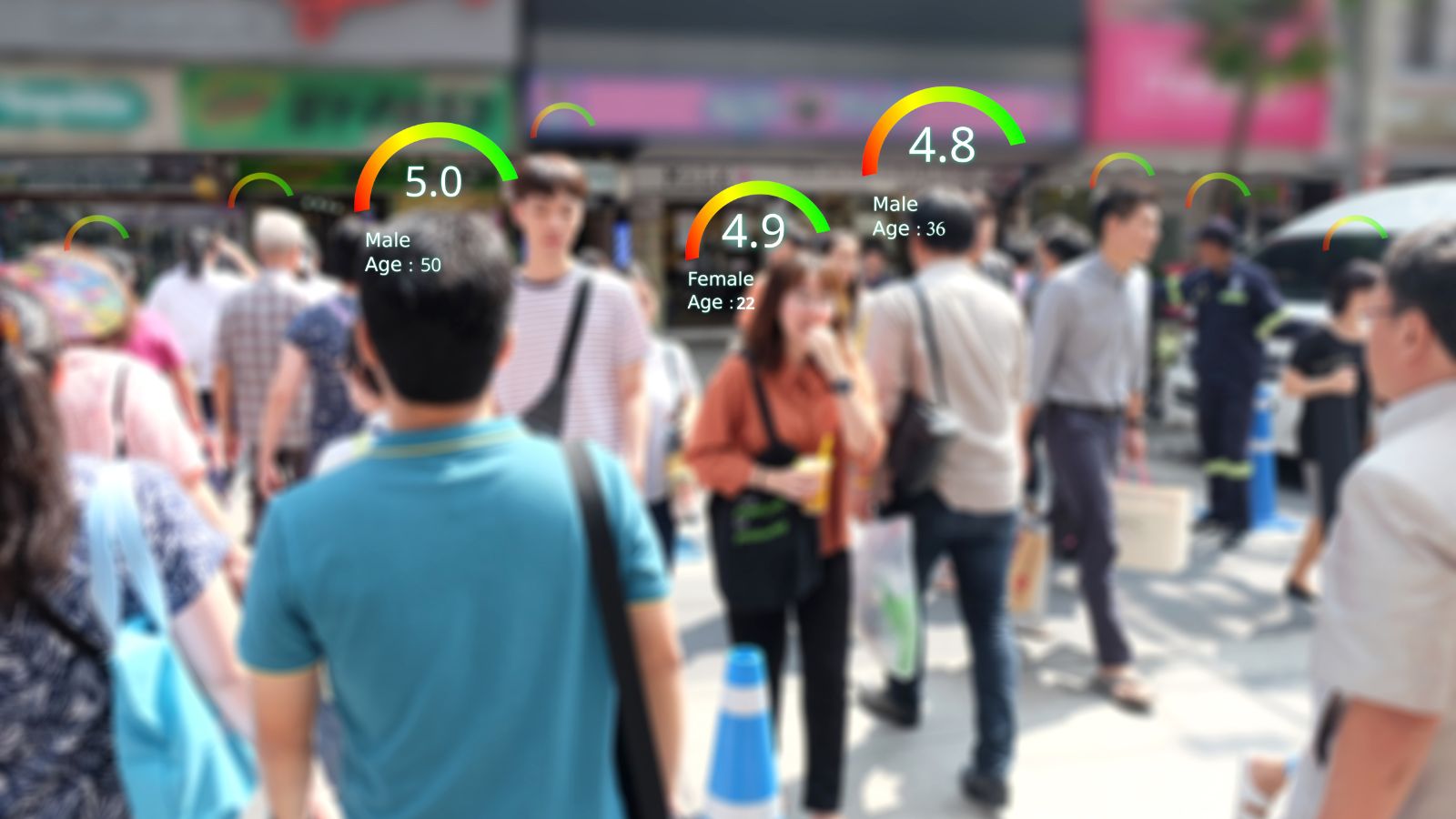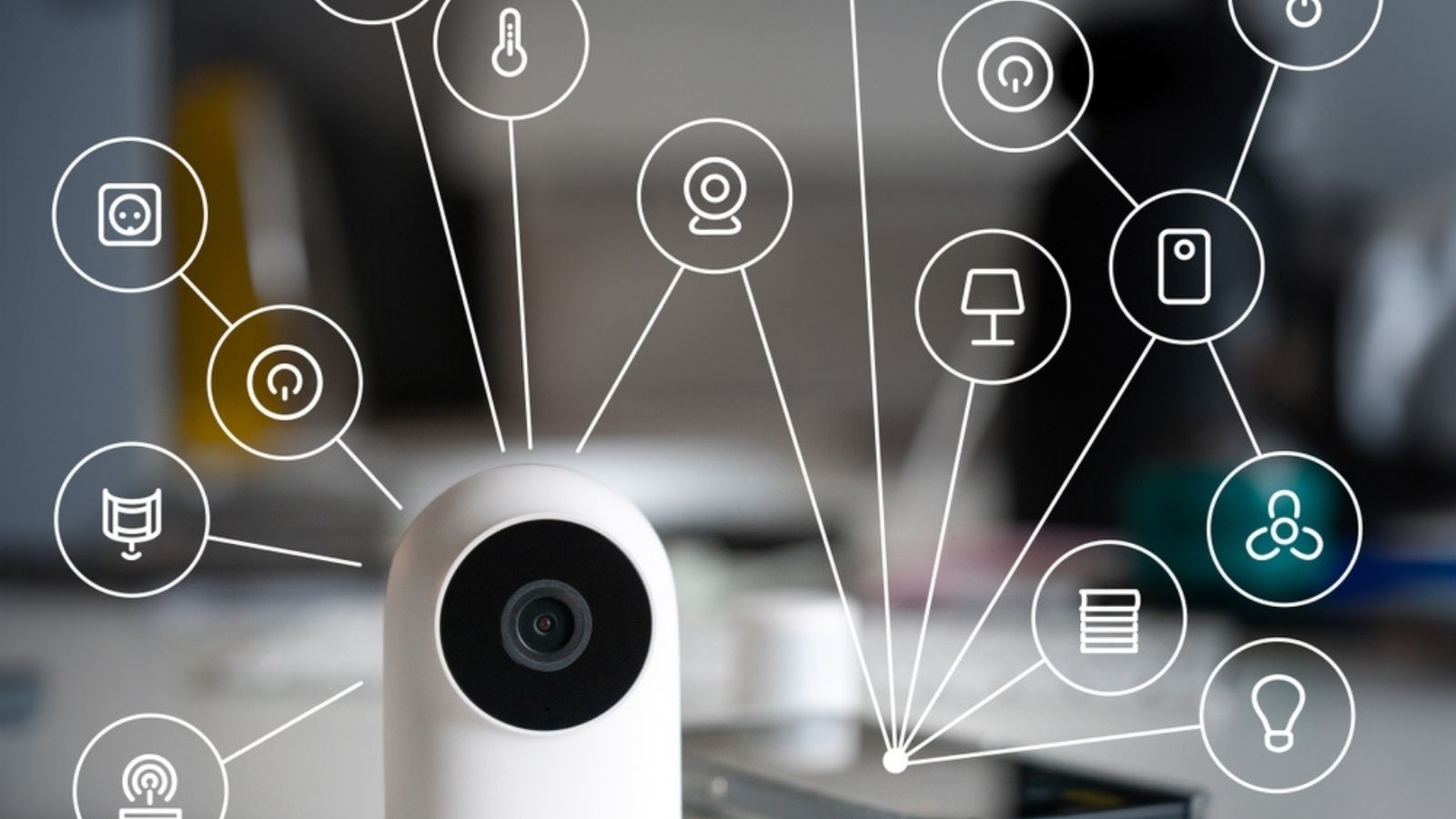As the world keeps changing, governments are making new laws to keep up with society, technology, and culture. But some of these laws might limit your freedoms in ways you didn’t expect. In 2024, there could be new rules about what you can say online, where you can travel, and how certain activities are controlled. These laws could change how we live, do business, and interact with others. Here’s a list of 18 surprising new laws that could affect your daily life, work, and social connections in the coming year.
Digital Speech Regulation

In many parts of the world, including Europe and Asia, new laws have recently been passed that impose stricter rules on free speech. These laws primarily target hate speech and misinformation, but they also raise concerns about freedom of expression. On one hand, social media platforms may face increased restrictions, and the pressure to remove content quickly could rise. This might lead to more intense monitoring and control over online conversations, potentially limiting what people can say on the internet.
Facial recognition surveillance

Many countries around the world are adopting facial recognition technology for security purposes, hoping it will help reduce crime. While this could be effective in crime prevention, privacy advocates are raising concerns about potential misuse of the technology. New laws are allowing governments to monitor people more discreetly, meaning your movements could be tracked without you even realizing it. This raises serious questions about privacy and how much freedom individuals will have to move around without being constantly watched.
Increased Digital Taxes

As digital products like music, software, and subscriptions become more popular, governments are eager to tax these goods. New laws in the U.S., Europe, and parts of Asia may lead to higher costs for consumers shopping online as governments aim to capture revenue from the growing digital economy.
AI-Driven Hiring Restrictions

As artificial intelligence plays a larger role in hiring decisions, some countries are introducing new laws to limit its use in job recruitment. These regulations are aimed at preventing discrimination by ensuring AI algorithms don’t unfairly impact job offers. While these anti-discrimination laws are meant to protect candidates, they could also hinder how companies use technology to make the hiring process more efficient.
Compulsory Work from Home Systems

Following the success of remote work during the COVID-19 pandemic, some countries are now debating whether remote work should be a legal right. In places like Spain and Germany, new laws are being introduced that allow employees to work from home under certain conditions. While this sounds appealing for workers seeking flexibility, it could also require employers to reduce in-office work, potentially changing how companies operate.
Social Credit Systems

In countries like China, social credit systems are expanding and being applied to more areas of daily life. A low social credit score could prevent someone from getting certain jobs, using public transportation, or renting an apartment. New laws allow governments to monitor behavior, from following traffic rules to paying bills on time. These systems may lead to restricted access to services, limiting people’s ability to move freely and fully participate in society based on their social credit score.
Stricter Gun Ownership

In response to concerns over mass shootings, countries like the U.S. are tightening regulations on firearms. New laws may introduce more rigorous background checks, place restrictions on certain types of guns, and enforce stricter rules for firearm storage. While these measures aim to improve public safety, they may also limit the personal freedoms that many gun owners value for self-defense.
Enhanced Travel Restrictions

As health and environmental concerns continue to be a priority globally, new travel restrictions may limit where and how often you can travel. Discussions are underway regarding strengthening health control measures, modifying quarantine rules, and even implementing a carbon price on flights. These changes could make travel more complicated and expensive, potentially slowing down spontaneous trips.
Cryptocurrency Restrictions

As decentralized digital currencies like Bitcoin and Ethereum gain popularity worldwide, many countries are introducing laws to regulate their use. These regulations may involve increased taxes on cryptocurrencies, stricter reporting requirements, or even outright bans in certain nations. Such measures could significantly limit the usability of digital currencies, impacting how people trade and invest.
Drone Usage Limits

As the popularity of drones continues to grow for both recreational and commercial purposes, governments are implementing new laws to regulate their operation. These regulations often require permits for flying drones over crowds and public gatherings, and they impose restrictions on the use of surveillance drones. While these measures aim to ensure safety and privacy, they may limit how you can utilize this technology for personal or business needs.
Restrictions on Data Harvested by Firms

As awareness of data privacy grows, governments are introducing stricter regulations on how companies collect and use personal information. While these laws aim to protect your privacy, they may also restrict the ability of businesses to operate freely. This could result in less customization of services and potentially higher prices for consumers as companies navigate the complexities of compliance.
Bans on Single-Use Plastics

Many countries are adopting total bans on single-use plastics, such as straws, bags, and cutlery, as part of a growing trend to reduce environmental waste. While these laws aim to protect the planet, they may also limit personal choices and change everyday routines. For individuals who rely on these convenient products, the restrictions could infringe on their freedom to choose how they live and what products they use.
Carbon Emissions Laws

Many countries are implementing stricter carbon emission standards to combat climate change, particularly for vehicles and factories. These new regulations could increase the cost of everyday activities, such as driving or buying certain goods and services, as companies may pass compliance costs onto consumers.
Mandatory Vaccinations

In response to the threats posed by new diseases, several governments are considering implementing mandatory vaccinations for specific groups, such as healthcare workers and tourists. While these measures could help reduce the spread of illness, they raise important questions about individual autonomy and personal choice.
Internet Shutdown Powers

In response to political instability, some countries are granting authorities the power to shut down internet access during crises. This can lead to severe restrictions on freedom, as the ability to express oneself, mobilize, or access information is curtailed when it is most needed.
Traffic Enforcement

Many cities are implementing automated traffic enforcement systems powered by AI to fine drivers for speeding, running traffic signals, or other violations. While these systems can help reduce traffic accidents, they also eliminate direct interaction with police officers. As a result, drivers may receive fines more frequently without any personal contact with law enforcement, raising concerns about accountability and the fairness of automated enforcement.
Prohibitions on the Use of Vapor Products and Electronic Cigarettes

Many countries are implementing stricter regulations on vaping products and electronic cigarettes due to potential health risks for young people. These new laws may limit your ability to use these products in public spaces or even impose outright bans. As governments seek to protect public health, personal freedoms regarding the consumption of vapor products could be significantly restricted.
Regulations on Home Surveillance Devices

As smart home technology, including doorbell cameras and security systems, becomes more popular, governments are starting to regulate these devices. New laws may dictate where you can install them and require you to inform neighbors if their area falls within the camera’s range. These regulations could impact your decisions regarding privacy and security, potentially limiting how you choose to protect your home and personal space.
Conclusion

As we move into 2024, governments around the world are grappling with the challenge of balancing the growth of new technologies with the safety and freedom of their citizens. While many of these new laws aim to address emerging risks and vulnerabilities in society, they may also significantly limit personal choices in unexpected ways. Staying informed about these changes is crucial for understanding how this new legal landscape may impact the lives of ordinary individuals. Whether it affects how you commute, communicate, shop, or even whom you love, these laws could restrict your freedoms in the year ahead.
18 Reasons Why People Are Leaving Florida in Masses

Exploring factors that impact the desirability of living in Florida, this list delves into various challenges shaping residents’ experiences. From environmental concerns like rising sea levels to economic factors such as fluctuating job markets, these issues collectively contribute to a nuanced understanding of the state’s appeal.
18 Reasons Why People Are Leaving Florida in Masses
